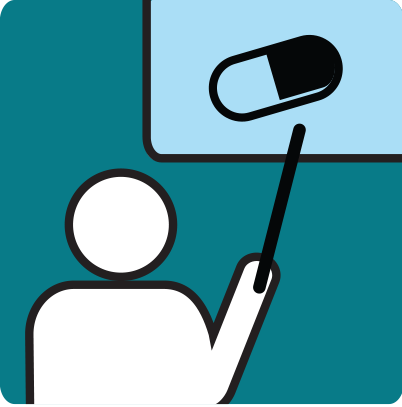Peru
Donor
Impact
Peru

NTDs
Peru:
- Hookworm
- Trichuriasis (whipworm)
- Ascariasis (roundworm)
children are at risk of neglected tropical diseases
A large portion of Peru lives in poverty, and four out of ten families still lack access to clean water. This environment promotes the transmission of intestinal worms — such as hookworm, whipworm and roundworm — which can cause malnutrition and anemia among children.
Nongovernmental organizations and faith-based groups have conducted small-scale deworming campaigns in parts of the country but a coordinated, country-wide effort is needed.
Peru
Your donation's
impact
END7 has pledged nearly $100,000 to strengthen Peru’s ability to control and eliminate intestinal worms by partnering with INMED Partnership for Children in Peru, a non-profit organization.
INMED Partnerships for Children is working with regional governments and departments of health and education to carry out deworming campaigns to address the burden of intestinal worms. With support from END7 donors, INMED recently launched a study to evaluate the impact of these deworming campaigns on addressing intestinal worm infections and the nutritional status of children in Peru’s Ucayali Region.
As part of this effort, END7 donations are supporting trainings and workshops for community health workers. These trainings provide health workers with the tools they need to deliver medicines, diagnose intestinal worm infections, and carry out nutritional assessments such as measuring children’s weight and height and their hemoglobin levels, an important indicator for anemia.
The END7-funded study will provide important insights on how to improve the effectiveness of deworming campaigns and will help Peru treat millions of children during its nationwide deworming campaign at the end of 2014.
Partners
Activities are being carried out by the INMED Partnerships for Children and the Peruvian Institute for Parasitology and Clinical Experiences in collaboration with Peru’s Ministry of Health and Social Development and local health authorities.
The
work continues
Nonprofit partners like INMED have led deworming campaigns to treat millions of children in Peru, but many more remain at risk. A critical first step to increasing access to NTD treatment most effectively will be mapping the distribution of diseases across the country. Then, with increased support, deworming efforts can be better coordinated and expanded to reach all school-aged children and eventually, preschool-aged children as well.
See the difference END7 has made in:
Cote d'Ivoire | Guyana | Honduras | India | Indonesia | Kenya | Myanmar | Nigeria-Bauchi | Nigeria-Kebbi | Sierra Leone | Timor Leste | Vietnam
Image by INPPACE
Key Interventions
in Peru

Training
health workers and volunteers

Getting the Word Out
so everyone takes the medicine

Mass Drug Administration
to treat entire communities

